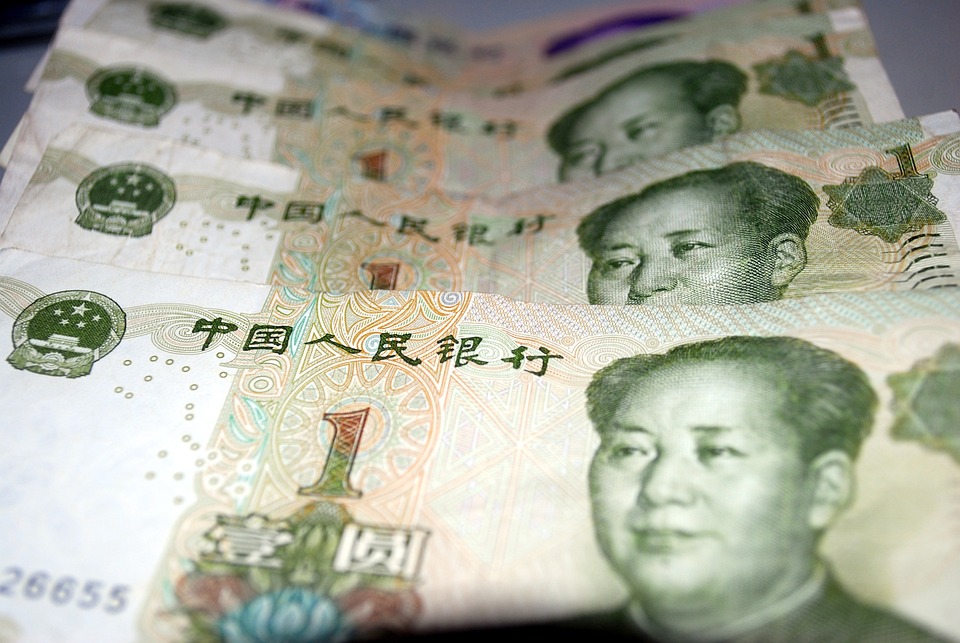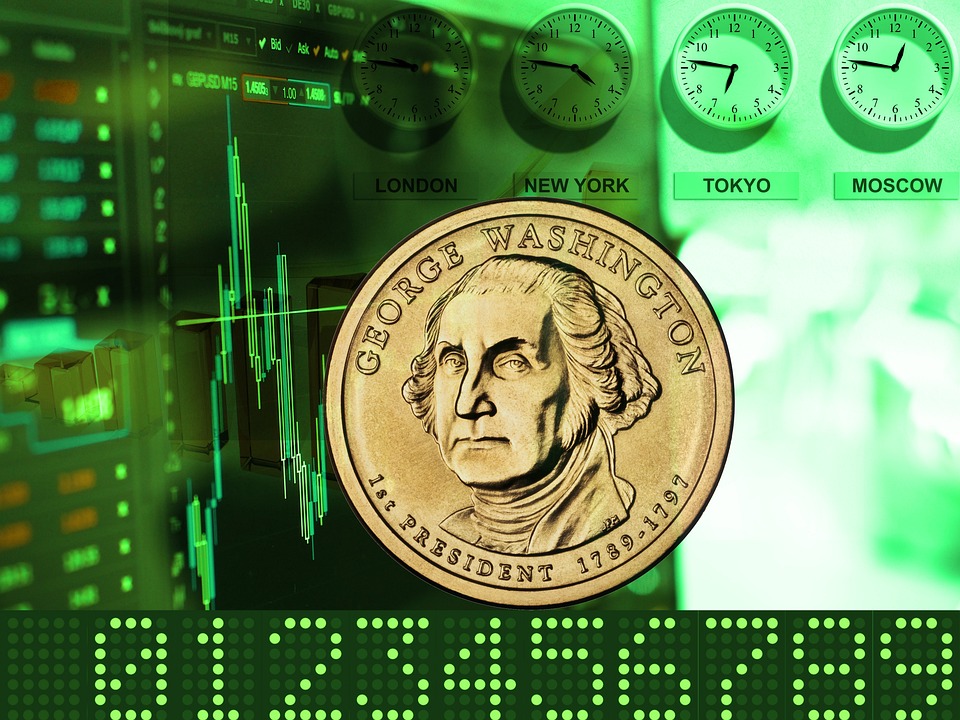Industry Insiders Share Winning Strategies for Index Futures Trading
Index futures trading is a popular way for investors to gain exposure to the broader equity market. By trading futures contracts on major stock market indices, traders can capitalize on both upward and downward movements in the market, potentially generating significant profits.
Successful index futures trading requires a combination of technical analysis, fundamental analysis, and risk management strategies. To gain insights into the winning strategies used by industry insiders for index futures trading, we reached out to a panel of experienced traders and financial experts. Here’s what they had to say:
1. Use Technical Analysis for Entry and Exit Points
One of the most common strategies employed by industry insiders for index futures trading is technical analysis. This approach involves analyzing historical price and volume data to identify potential entry and exit points for futures contracts.
According to John Smith, a professional futures trader, “I use technical analysis to identify key support and resistance levels on the index futures chart. These levels help me determine optimal entry and exit points for my trades.”
Other industry insiders emphasize the importance of using technical indicators such as moving averages, relative strength index (RSI), and stochastic oscillators to gauge the momentum and trend of the market. By combining different technical tools, traders can increase their chances of making profitable trades.
2. Pay Attention to Market Fundamentals
In addition to technical analysis, successful index futures traders also take into account market fundamentals when making trading decisions. This includes keeping an eye on economic indicators, corporate earnings reports, and geopolitical events that could impact the stock market.
“Understanding macroeconomic trends and market fundamentals is crucial for successful index futures trading,” says Sarah Johnson, a financial analyst. “By staying informed about key economic data and corporate developments, traders can anticipate potential market movements and adjust their trading strategies accordingly.”
Industry insiders advise investors to pay attention to factors such as interest rates, inflation, employment data, and geopolitical tensions, as these can significantly influence the direction of the stock market and index futures.
3. Manage Risk With Stop-Loss Orders
Risk management is an integral part of successful index futures trading. While futures contracts offer substantial profit potential, they also come with a high degree of risk. To mitigate this risk, industry insiders recommend using stop-loss orders to protect against significant losses.
“I always use stop-loss orders to limit my downside risk when trading index futures,” says Paul White, a seasoned futures trader. “By setting a predetermined exit point for each trade, I can protect my capital and avoid significant losses in case the market moves against my position.”
4. Diversify Your Trading Portfolio
Another winning strategy shared by industry insiders is diversification. Rather than focusing solely on one index futures contract, successful traders often diversify their trading portfolio to spread their risk.
“Instead of putting all my eggs in one basket, I diversify my index futures trades across different stock market indices,” says Anna Lee, a professional trader. “This allows me to capitalize on opportunities in multiple markets and reduce the impact of any single market downturn on my overall trading performance.”
By diversifying their trading portfolio, industry insiders can potentially increase their chances of generating consistent profits from index futures trading.
FAQs:
Q: What are index futures?
A: Index futures are financial contracts that allow traders to speculate on the future price movements of stock market indices such as the S&P 500, Dow Jones Industrial Average, and Nasdaq. These futures contracts are standardized agreements to buy or sell the index at a predetermined price on a future date.
Q: What are the benefits of trading index futures?
A: Trading index futures offers several benefits, including leverage, liquidity, and the ability to profit from both rising and falling markets. Additionally, index futures provide exposure to a broad range of stocks in a single trade, making them an efficient way to gain exposure to the overall stock market.
Q: How can I get started with index futures trading?
A: To start trading index futures, you’ll need to open a futures trading account with a brokerage firm that offers access to futures markets. It’s important to familiarize yourself with the mechanics of futures trading, understand the risks involved, and develop a trading plan before diving into the market.
Q: What are some common strategies for trading index futures?
A: Common strategies for trading index futures include technical analysis, fundamental analysis, and risk management. Traders often use technical indicators to identify entry and exit points, consider market fundamentals, and employ risk management techniques such as stop-loss orders to protect their capital.
Q: What should I consider before trading index futures?
A: Before trading index futures, it’s important to consider factors such as market conditions, economic indicators, and your risk tolerance. It’s also essential to stay informed about developments in the stock market and conduct thorough research before making trading decisions. Additionally, having a clear trading plan and risk management strategy in place is crucial for successful index futures trading.
In conclusion, index futures trading can be a lucrative venture for investors who employ winning strategies shared by industry insiders. By using technical analysis for entry and exit points, paying attention to market fundamentals, managing risk with stop-loss orders, and diversifying their trading portfolio, traders can potentially optimize their chances of success in the futures market. However, it’s important for aspiring futures traders to educate themselves about the nuances of futures trading, carefully consider their risk appetite, and develop a well-thought-out trading plan before venturing into this dynamic and exciting market.




